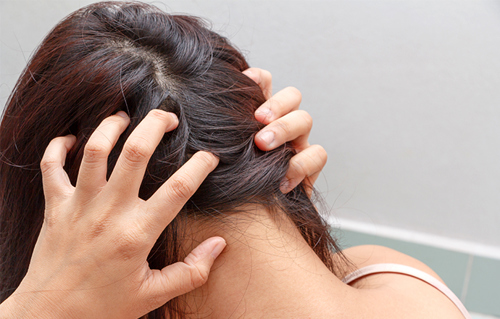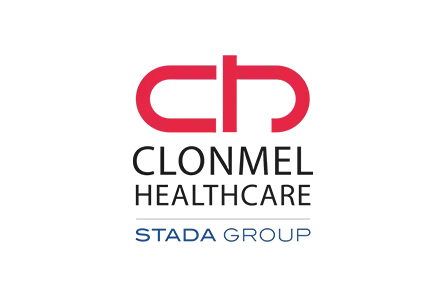02/03/2020
You Are What You Eat: Is Your Diet Giving You Dandruff?
They say you are what you eat. We’ve seen this countless times – whether it’s that extra “winter weight” or blotchy skin from alcohol consumption, our skin is a huge indicator of our diet and overall health.
But have you ever considered how your diet can affect your scalp? If you’re prone to an itchy head and dandruff, changes in your diet may help this. It all comes down to a science.

Trigger one: inflammation
One of the major causes of dandruff is inflammation. This may present itself in any number of conditions, from autoimmune psoriasis to seborrhoeic dermatitis. In both cases, you may see redness, flakes and itching.
Inflammation is the body’s natural response to threats, such as injury or an allergic reaction. Blood rushes to the affected area resulting in swelling, or heat and pain.
So, what is the link with our diets? A diet rich in sugary, low glycaemic index foods can encourage inflammation. Think processed foods and simple carbs – they offer little nutritional value and can cause insulin spikes.
Trigger two: increased oil production
Insulin spikes can be harmful in terms of inflammation. They may also be linked to oily skin. We all know the feeling when our skin isn’t looking its best after days of junk food.
When we flood our bodies with highly processed foods, full of bad fats and sugar, our insulin spikes to counteract the sugar. In turn, we experience a flush of hormones which may stimulate oil production.
This can present as overproduction of sebum – the oily substance that comes from our follicles and other “waxy” areas of the body. On the face, this may result in spots, but on the scalp, it could just cause those unwanted flakes.
Trigger three: too much yeast
This is a controversial theory as there are two schools of thought around this. The scientifically proven theory is that Malassezia is a naturally occurring yeast which is found on our scalps. When this is balanced, it goes unnoticed, but if there is too much oil (on which it feeds), it can multiply and cause skin conditions.
However, some scientists claim that a diet rich in yeast, for example, bread and alcohol, stimulates fungal growth. As a result of this, some experts recommend cutting back on (but not eliminating) bread and alcohol.
Healthy foods for a happy scalp
So now we know what to watch out for, what should we be incorporating into our diets?

B vitamins
Biotin (part of the vitamin B family) and vitamin B2 both contribute to the maintenance of your skin. Biotin rich foods include eggs, spinach, almonds, cauliflower and sweet potato, whist sources of B2 vitamins include fish, avocados, eggs and asparagus.
Zinc
Zinc is a common ingredient in medicated shampoos, but it also contributes to the maintenance of normal hair. Foods rich in Zinc include meat, shellfish, legumes, seeds and nuts.
Selenium
Selenium is a mineral found in foods such as brazil nuts, fish, sunflower seeds and spinach and contributes to the maintenance of normal hair.
The takeaway
Everybody is different, and there may be any number of reasons why we get dandruff. 72% of people with a severe scalp condition believe their diets have a part to play. Look after yourself from the inside out with a healthy daily diet and consider using Nizoral medicated shampoo to both treat and prevent dandruff.
Nizoral Dandruff 20mg/g Shampoo contains ketoconazole and is used to treat and prevent dandruff. Nizoral is only suitable for adults and adolescents from the age to 12 years. For external use only. Keep away from eyes. Always read the read label.



